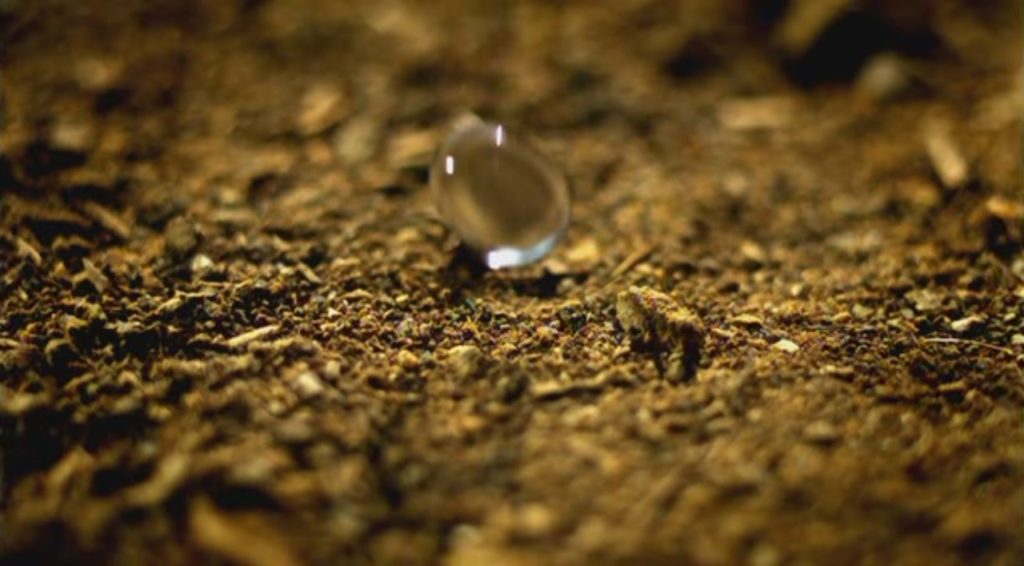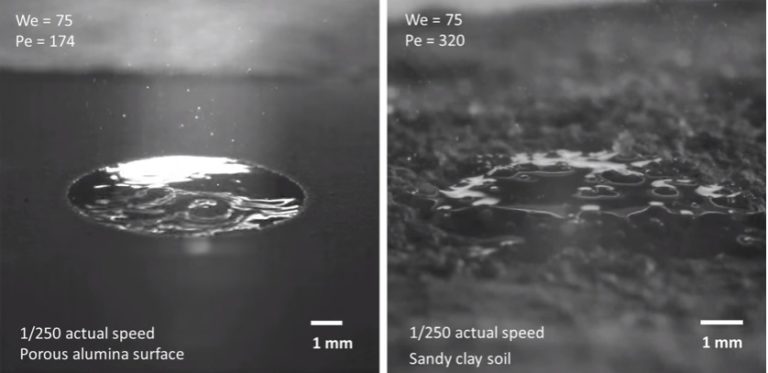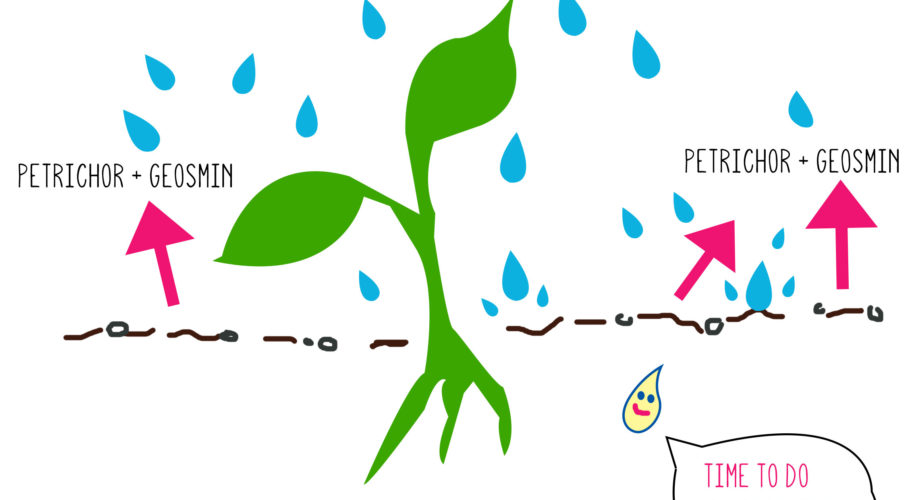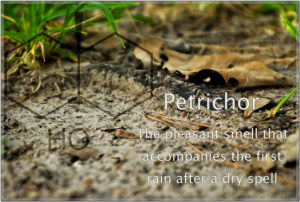You can tell when rain is coming just by the smell

The word for it is “petrichor.” It’s the name of an oil that’s released from Earth into the air before rain begins to fall.
“Petrichor,” is used to describe the distinct scent of rain in the air. Or, to be more precise, it’s the name of an oil that’s released from the Earth into the air before rain begins to fall.
This heady smell of oncoming wet weather is something most people are familiar with – in fact, some scientists now suggest that humans inherited an affection for the smell from ancestors who relied on rainy weather for their survival.
 Origins
Origins
Even the word itself has ancient origins. It’s derived from the Greek “petra” (stone) and “ichor” which, in Greek mythology, is the ethereal blood of the gods.
So, how is it that we came to find this heavenly blood in the stone? In 1964, twoCSIRO scientists Joy Bear and Richard Thomas first described petrichor.
The odor was particularly prevalent in arid regions and was widely recognized and associated with the first rains after a period of drought.
“There is some evidence that drought-stricken cattle respond in a restless matter to this “smell of rain.”
 The smell had actually been described already by a small perfumery industry operating out of India, which had successfully captured and absorbed the scent in sandalwood oil. They called it “matti ka attar” or “Earth perfume”.
The smell had actually been described already by a small perfumery industry operating out of India, which had successfully captured and absorbed the scent in sandalwood oil. They called it “matti ka attar” or “Earth perfume”.
Joy and Richard, working at what was then the Division of Mineral Chemistry in Melbourne, was determined to identify and describe its origin.

By steam distilling rocks that had been exposed to warm, dry conditions in the open, they discovered a yellowish oil – trapped in rocks and soil but released by moisture – that was responsible for the smell.
The diverse nature of the host materials has led us to propose the name “petrichor” for this apparently unique odor which can be regarded as an “ichor” or “tenuous essence” derived from rock or stone.
The oil itself was thus named petrichor – the blood of the stone.
 Bring on the humidity
Bring on the humidity
The smell itself comes about when increased humidity – a pre-cursor to rain – fills the pores of stones (rocks, soil, etc) with tiny amounts of water.
While it’s only a minuscule amount, it is enough to flush the oil from the stone and release petrichor into the air. This is further accelerated when actual rain arrives and makes contact with the Earth, spreading the scent into the wind.
So next time when that rock is trying to tell you something, take some time and listen.








